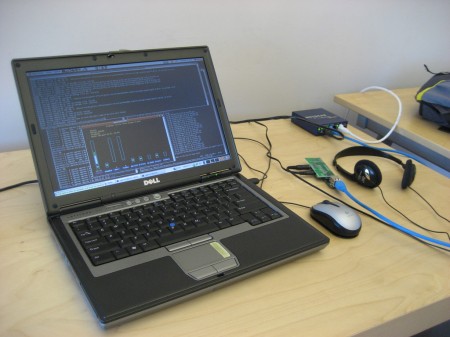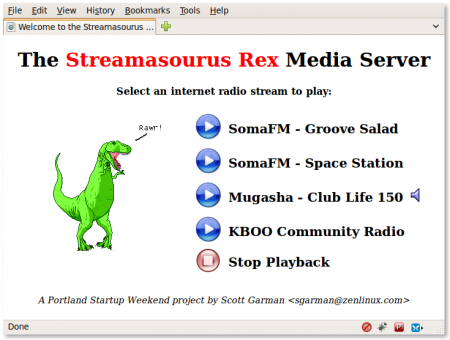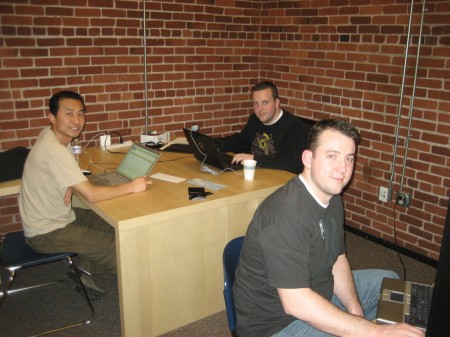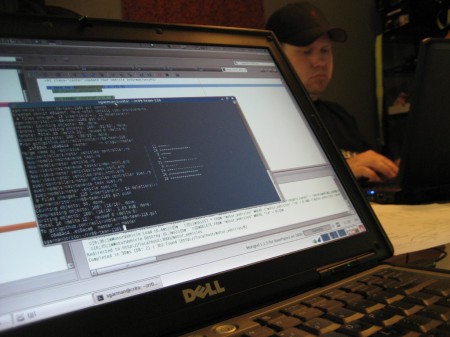ProgressPuppy: A Fun and Simple Task Manager
I’ve been taking a self-funded sabbatical from work this summer, and set out with a bucket list of things I’ve always wanted to get around to doing but never felt I had the time to fully dive into. One of those things was to take a Ruby on Rails based task manager that I’ve been using personally for the past year and refine it as needed so I could launch it as a legitimate production-level application.
What does production-level mean to me? In this case, a bunch of things:
- The app needs to have solid multi-user support with account registration, password resets, etc.
- Testing and Test Driven Development should be taken seriously. Unit, integration, and selenium-based system tests should reach well over 90% code coverage.
- The code should pass linting tools such as rubocop and rails best practices, as well as security auditing tools such as brakeman
- The code deployment process should be simple, capable of rollbacks, and automatable (I’m using capistrano)
- The server infrastructure that ProgressPuppy relies on should be easily replicable at the push of a button (using infrastucture as code tools such as Terraform and Puppet)
- The application should have a robust backup and restore process
- I should be able to keep the application up to date with the latest stable versions of Ruby on Rails and its dependent gems (the app is currently running on Rails 6.0)
- Use Stripe to accept payments for paid plans
- Deploy a marketing web site to showcase what ProgressPuppy does and its various plan tiers
The point of this hasn’t been to create a side project that generates significant income – I don’t mind at all if no one but me and a handful of friends ends up using ProgressPuppy. Instead, I wanted to go through the exercise of treating the web app more seriously, but keeping it within a limited scope where the learning would remain fun.
To say that this effort took up a lot of time would be an understatement, but the fun factor remained strong the entire time. I use this tool as my daily task manager, and the various memes that pop-up after completing tasks still bring a smile to my face:
Check out ProgressPuppy if you get a chance. I don’t pretend to have much in the way of web design skills, but the web app is functional and reliable, and I intend to keep it that way as I make further improvements to it. Next on my roadmap is to introduce some daily habit tracking features and make the app more mobile web browser friendly.
ProgressPuppy is also open source software, released under the GNU Affero GPL license. You can find its source code repo on GitLab.




